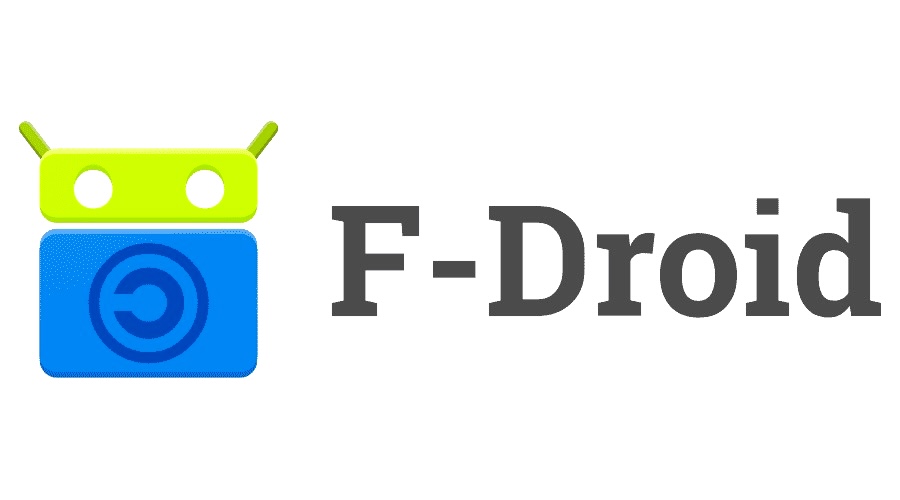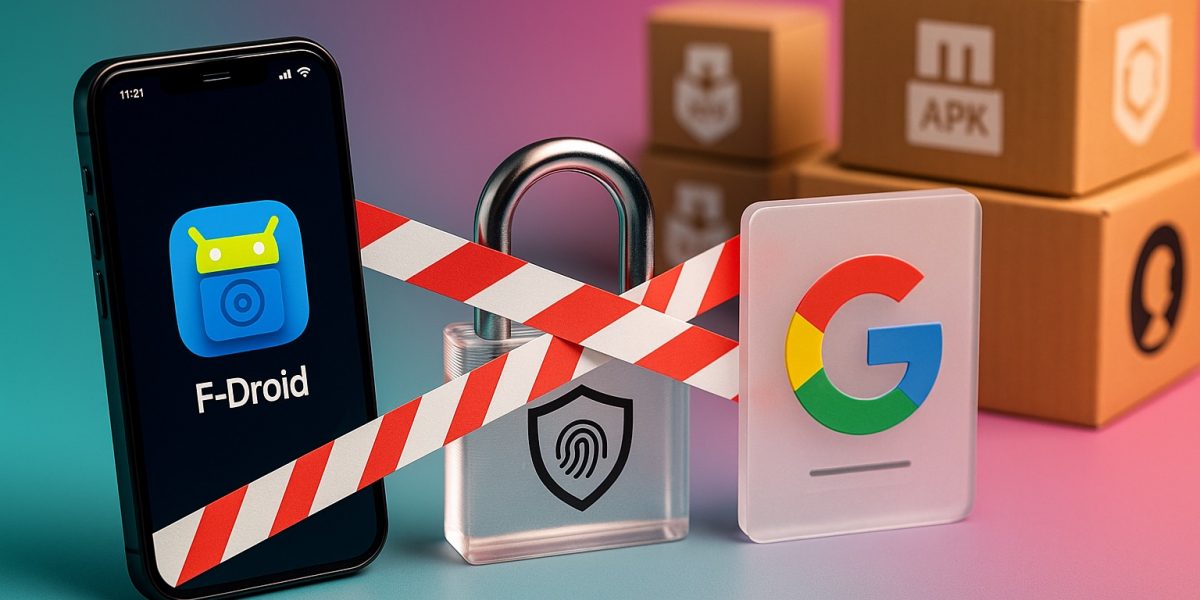F-Droid, the open-source Android app repository serving privacy-focused users for 15 years, issued an urgent weekend alert claiming Google’s upcoming developer verification requirements could effectively terminate alternative app marketplaces and sideloading capabilities on Android devices. Under policies scheduled for September 2026 implementation, all app developers must register with Google using government-issued identification and submit application identifiers, positioning Google as the ultimate arbiter for all Android apps regardless of distribution method.
Developer Verification Mandates Threaten Open Ecosystem Foundations
Google’s revised policies require every Android application to connect with a verified developer identity, mandating developers submit personal details including legal names, addresses, phone numbers, and government-issued identification documents to Google. Organizations must additionally provide business registration documentation and verified websites. The policy rolls out first in Brazil, Indonesia, Singapore, and Thailand during September 2026, expanding globally throughout 2027.
F-Droid board member Hans-Christoph Steiner stated plainly that “the developer registration mandate will end the F-Droid project and other free/open-source software sources as we know them today.” The platform explains it cannot require open-source developers to register with Google, nor can it “claim” application identifiers for software it distributes, as doing so would effectively mean seizing exclusive distribution rights.
The nonprofit repository, hosting over 3,000 free open-source applications compared to millions in the Play Store, operates by inspecting source code to verify apps contain no advertising or trackers before compiling and signing them with its own cryptographic keys. This model becomes incompatible with Google’s requirement that developers submit their application identifiers and signing keys directly to Google.

Security Claims Face Scrutiny Amid Antitrust Concerns
Google justifies the changes as necessary for combating malicious software, asserting that apps installed outside the Play Store contain “more than 50 times the malware” compared to Play Store applications. However, F-Droid challenges this reasoning, pointing to recent malware incidents affecting 19 million downloads directly within the Play Store itself. The organization argues its open-source approach provides greater transparency and security through community code auditing.
F-Droid is calling on regulators and antitrust authorities to investigate Google’s proposals, characterizing them as monopolistic and harmful to competition. The timing proves particularly significant given ongoing antitrust proceedings against Google, including a recent federal court ruling finding Google maintains an illegal search monopoly, plus the Epic Games case resulting in mandates for open app distribution on Android.
The policy has also drawn attention under the European Union’s Digital Markets Act, which requires “gatekeeper” companies like Google to permit app installation from alternative sources without artificial barriers. Legal experts note that if Google’s system renders sideloading practically impossible, the company may face regulatory challenges in Europe.
This situation highlights the tension between platform security measures and open software distribution models. F-Droid’s concerns center not just on technical implementation hurdles but on fundamental questions about who controls software distribution in mobile ecosystems and whether centralized verification systems can coexist with decentralized, community-driven development models that have powered open-source software for decades.




Post a comment